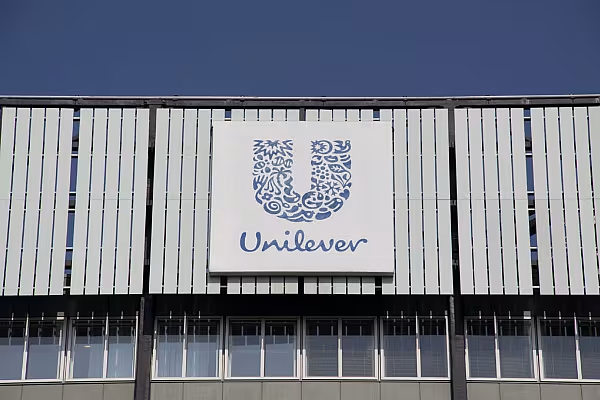For evidence of how much good the whiff of a hostile takeover can bring, look no further than Unilever NV's transformation since Kraft Heinz Co.'s failed tilt at the Anglo-Dutch consumer goods group in February.
Unilever staff took 30 percent fewer flights in the first half and the firm paid 24 percent less for their seats. Ad campaigns ran longer before being updated, and shoots took place at less glamorous locations. While Unilever takes pride in treating stakeholders fairly, even the supply chain got squeezed, with 500 million euros ($575 million) of costs being zapped.
As CEO Paul Polman says, this is a different Unilever. The underlying operating margin widened to 17.8 percent in the first half, and the goal of hitting 20 percent by 2020 looks achievable. To recap, Kraft Heinz is at 27 percent.
The snag is that Unilever appears to be over-reliant on margin expansion to grow the bottom line, with net income up 18 percent in the period. Unilever's 3 percent underlying sales growth came entirely through price increases: volumes were flat even as the world economy is estimated to grow by 3.5 percent this year.
Specific Issues
The snapshot is distorted by the fact that three markets -- Brazil, India and Indonesia -- faced some specific issues. The planned sale of the poorly performing spreads business will remove one drag, but not much. Stripping this out, underlying volume growth was just 0.3 percent in the first half. A recovery in emerging markets, which have held back the group since the financial crisis, would help.
Even so, the unavoidable conclusion is that Unilever is going to have to spend to grow if Polman is to fend off another takeover assault. The restrictions stopping Kraft from making an offer lapse in weeks.
Product Innovation
Polman has to reinvest much of Unilever's efficiency gains in product innovation and pushing existing products into new geographies. He will also need to consider M&A -- buying established brands with decent growth profiles, or new, millennial-friendly products that can be sold through Unilever's global network.
Unilever's low gearing gives it substantial resources to deploy in this effort. But buying growth won't come cheap. Unilever may hope that the stellar price achieved by Reckitt Benckiser Plc for its food business this week bodes well for the sale of its own spreads business.
Unfortunately it bodes ill for the cost of fixing Unilever's growth problem.
This column does not necessarily reflect the opinion of Bloomberg LP and its owners.
News by Bloomberg, edited by ESM. Click subscribe to sign up to ESM: The European Supermarket Magazine.














